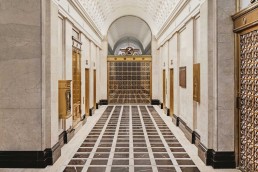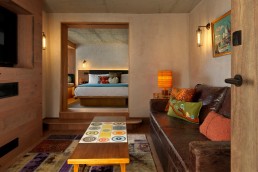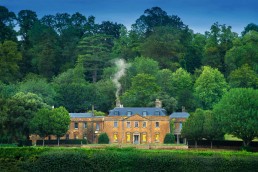A stylishly converted property in the emerging neighbourhood of Chow Kit reflects the area’s increasing gentrification and design-driven growth.
Chow Kit is undoubtedly one of Kuala Lumpur’s most authentic neighbourhoods, albeit one only two miles from the city’s business heart in and around the iconic Petronas Towers. Part of the Malaysian capital once known for its unofficial red-light district and still recognised for the country’s largest wet market, the bustling quarter has become home to hip cafés, trendy music venues and, more recently, the debut property from Ormond Hotels.
Taking its title from the area in which it resides – itself named after a former tin miner, municipal councillor and politician – The Chow Kit represents the most upscale boutique development of its kind in the locale, focusing more on leisure than business travellers, as borne out of the brand’s refreshingly frank assertion that the neighbourhood is untouched by skyscrapers and corporate suits.
Ormond Hotels claims to have “edited out the unnecessary, focusing on what matters the most” in an effort to “rethink luxury for the contemporary traveller”, and its simplified take on luxury travel is translated in practice from the moment guests walk through the door.
The hotel’s balanced look and feel is the work of Brooklyn-based design practice Studio Tack, who in their first project in Asia, have done an impressive job in repurposing the former Tune Hotel into an elegant property that feels genuinely boutique and far more vintage than its actual history suggests.
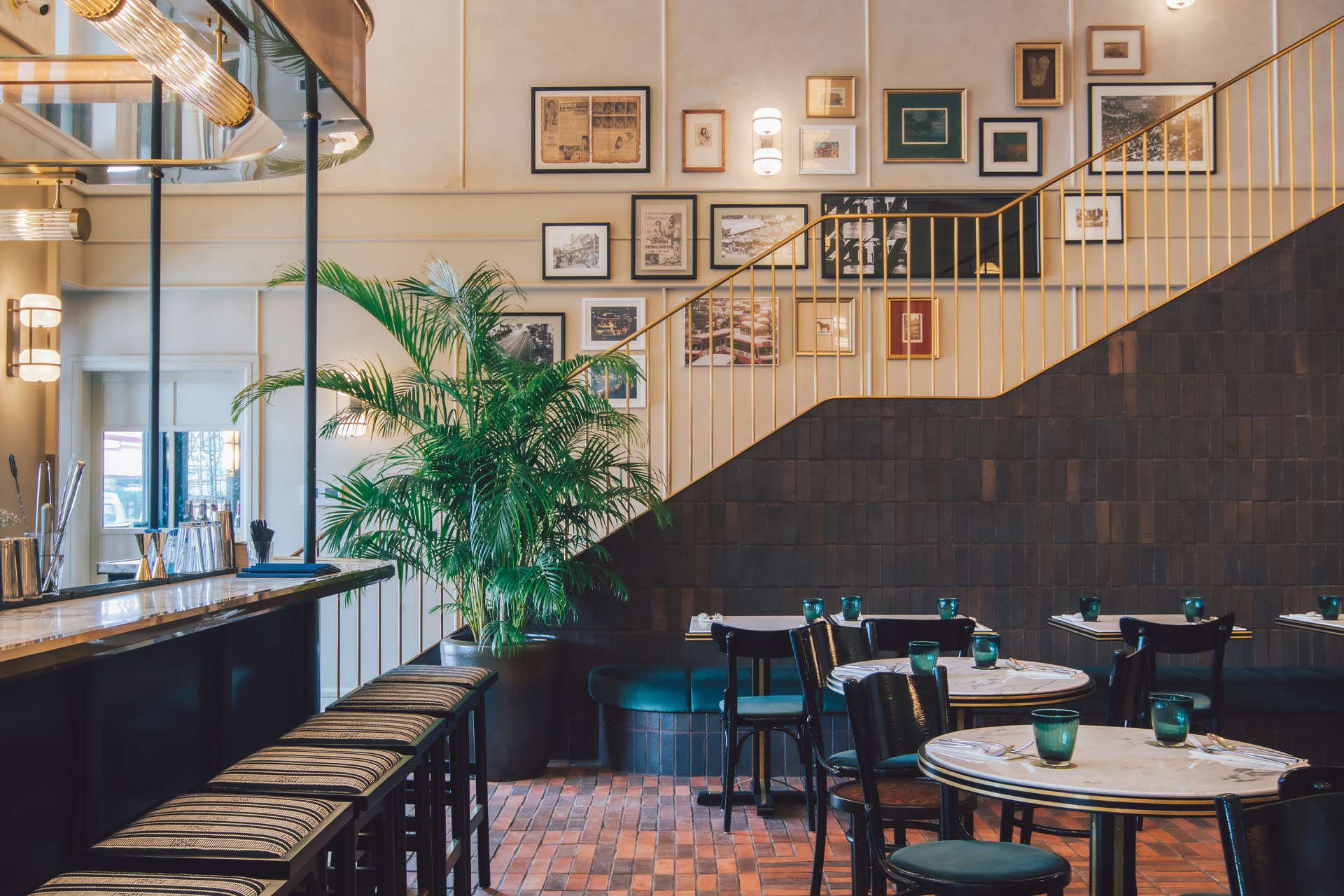
The firm took design inspiration from the late-night revelry that Chow Kit was known for during the 1970s, meaning that in some of the 86 guestrooms and 27 suites, there’s a cheeky tasselled fringe on the curtains in a nod to the earthier pleasures of former boudoirs. Design touches and furniture vary throughout, as do the room layouts and sizes, but it’s the little service touches that stand out.
Though guestrooms feature the usual suspects of smart TVs and luxury linen, the corridors leading to them also offer ezH20 water dispensers and an array of glass bottles to allow guests to fill their own, and an ‘essentials’ cupboard likewise provides the bits and pieces travellers often forget or run out of, all available for free at the tap of a key card. Room service is a self-pick-up concept, in which guests call to order and the restaurant informs them when it’s ready to be collected, while those on the move can grab a brown paper breakfast bag with well-crafted eats to start the day off right.
Public spaces begin with the welcoming lobby – a cool retreat from the constant humidity outside – where rattan chairs, deep sofas and rugs are finished in textiles and fabrics once traded in the surrounding streets.
Adjacent on the ground floor is The Library, an elegant floral wallpaper-decked room designed for private dining or small meetings around a wooden and marble table. Above it, the mezzanine serves as a refuge from the bustle below, as well as a good spot for people watching or an alternative meeting space, while up on the rooftop there’s a yoga pavilion. Public spaces and guestrooms also feature specially-curated art both from private collections and commissions from artists across Malaysia and Southeast Asia. Not to be missed in The Library is an image of Loke Chow Kit himself, handpainted on Thai silk with embroidered details by Josun HuakHuak.
Local artisans are further celebrated throughout the hotel; Malaysian fashion designer Shan Shan Lim has designed staff uniforms, local stationery maker The Alphabet Press (TAP) use a 1960s German vintage press to produce the in-room menus, while handcrafted amenities are from Jeanie Botanicals using Southeast Asian scents and herbs.
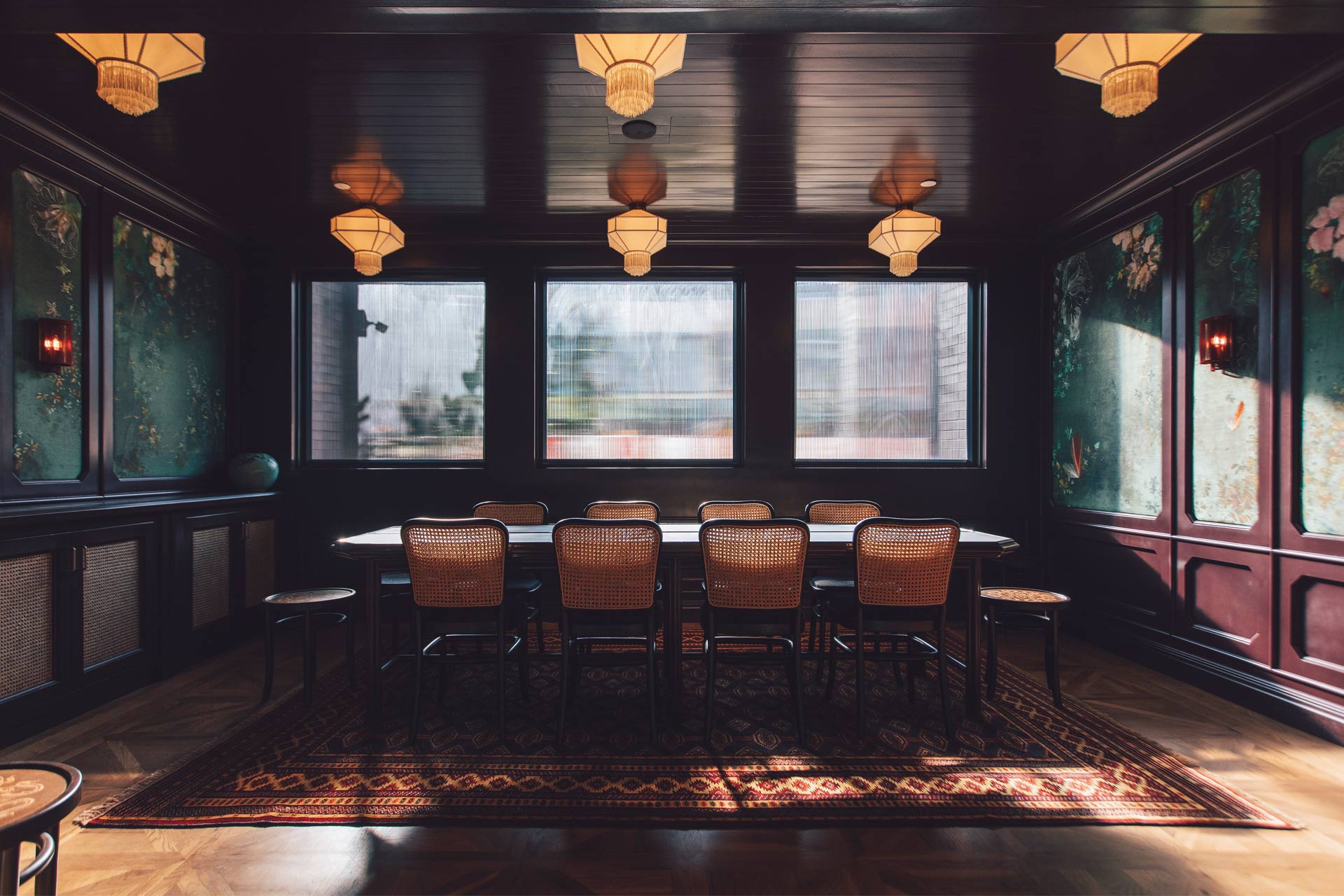
As is now de rigueur in boutique hotels, it is also all about the experience, and guests can follow one of the hotel’s food and culture walking tours to discover the Chow Kit neighbourhood further. Happily, staff are not afraid to recommend a number of local eateries, though their own in-house dining has quickly become a draw in its own right.
The team refer to The Chow Kit Kitchen & Bar as “the heart and soul of the hotel” and given the fundamental role of cuisine in Malaysian culture, it’s easy to see why. It’s the work of two of the capital’s foremost restaurateurs, Christian Bauer and Eddie Chew of Troika Sky Dining, and pays homage to traditional local cafés known as kopitiams.
Open all day from breakfast through to dinner, the restaurant celebrates some of the dishes that the country is famed for, both in classic versions and reinventions. Tomato laksa soup, a rendang beef burger and the British legacy of fish-and-chips all feature on the menu, while the bar is another draw and hosts guest mixologists.
“We love being the hotel that not only provides guests with a luxurious stay, but is also a guide to the rich history and stories of Chow Kit,” says Caroline King, Ormond Group’s COO and the current General Manager at The Chow Kit. “All Ormond Hotels will have a deep connection to their neighbourhood, drawing design inspiration from local stories and heroes while delivering consistently great guest experience and service.”
EXPRESS CHECK-OUT
Owner / Operator: Ormond Group
F&B Operator: Troika Sky Dining
Architecture and Interior Design: Studio Tack
www.thechowkit.com
CREDITS
Words: Chris Dwyer
Photography: Courtesy of Ormond Grou
Related Posts
3 June 2020
Feature: Riggs, Washington DC
27 May 2020
Feature: Treehouse Hotel, London
24 March 2020
